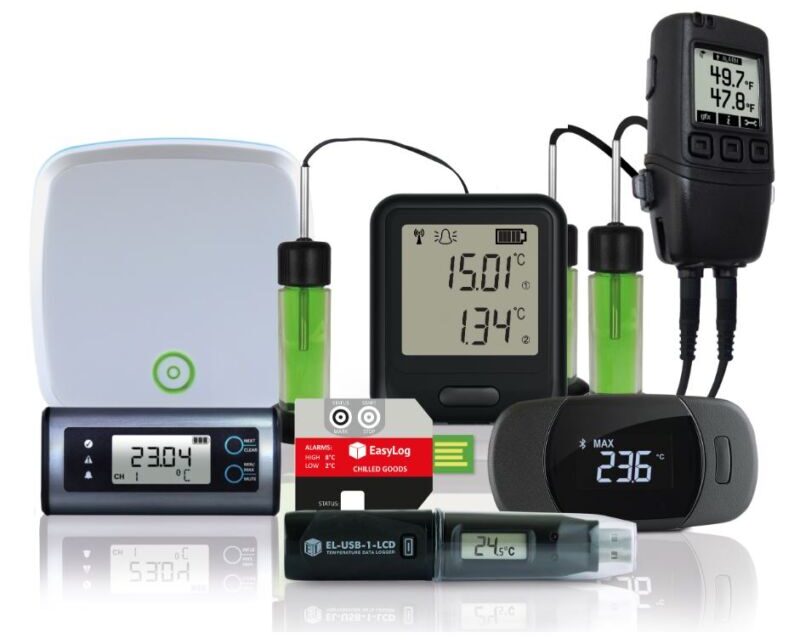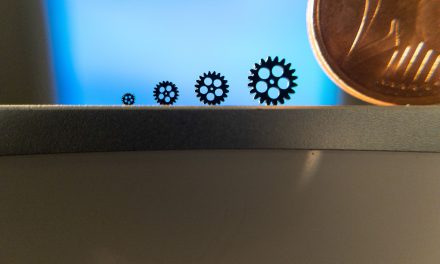A data logger is an electronic device that monitors the conditions of an environment or an event. Used to record and store data over periods of time, data loggers let you analyse the readings they have collected either via software used on PC or Mac or by sending results straight to a Cloud-based storage account so you can access your data anytime, anywhere.
What Does a Data Logger Measure?
There are a variety of parameters that data loggers are capable of monitoring. The two most common are temperature and relative humidity, but there are many others, including:
- Voltage or Current
- Carbon Monoxide
- Carbon Dioxide
- Pressure
- Event, Count & State
- Light
- Particulate Matter Pollution
- Volatile Organic Compounds (VOCs)
The number of parameters available, coupled with the wealth of applications and environments in which a data logger can be used, means these devices are extremely versatile.
USB or WiFi Connectivity?
Two of the most common connectivity types are USB and WiFi data loggers. Each type of logger comes with its benefits, but it depends on the needs of the individual as to which type appeals most.
USB loggers are small scale and easy to operate. Some come with LCDs so their readings can be seen immediately. Others are so simple that they can be activated by the push of a button. Data storage on a USB logger can range from around 30,000 readings to over 1,000,000. Some are rugged and weatherproof, meaning they won’t be damaged by water ingress or if subject to rough handling.
WiFi loggers, on the other hand, are designed to make life easier as they can be remotely accessed. They have a fit-and-forget nature which means you can place one or more devices in the desired location, and essentially leave them to it. They can continue to log even if the WiFi connection drops out (and catch up the data later on), and alerts can be delivered to your phone or inbox so you will never miss a critical parameter breach. Unlimited data readings can be accessed and downloaded via the Cloud.
Where can I use a data logger?
There are many reasons for data loggers to be put to use, from the simple temperature tracking of a fridge, to seamlessly monitoring an end-to-end cold chain process. Some more specific examples include:
- Protecting vaccines in storage
- Ensuring food that is stored and transported is still safe to eat
- Monitoring indoor and outdoor air quality
- Food processes such as baking or pasteurising
- Automated temperature checks in medical and veterinary clinics
- Keeping buildings safe from mould and damp
If you could benefit from the information that a data logger provides, look no further than the range of wireless and USB data loggers from Lascar Electronics.
Lascar Electronics
www.lascarelectronics.com/data-loggers
+44(0)1794 884567



